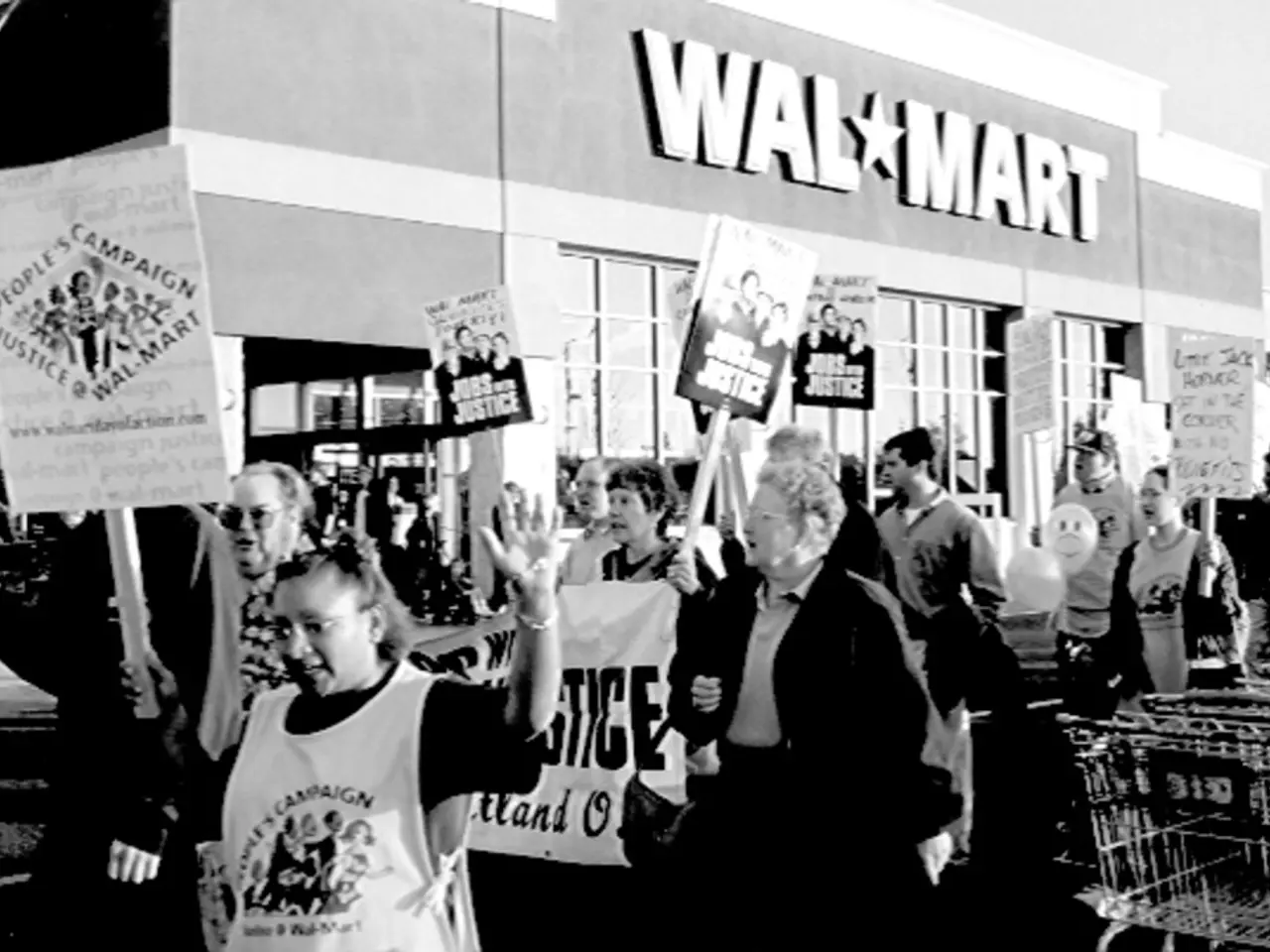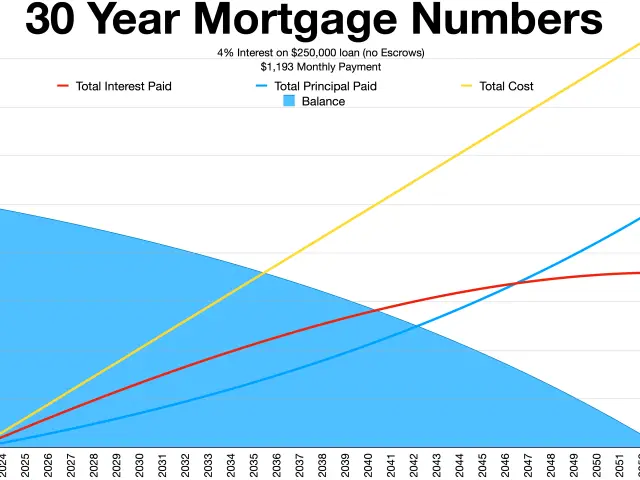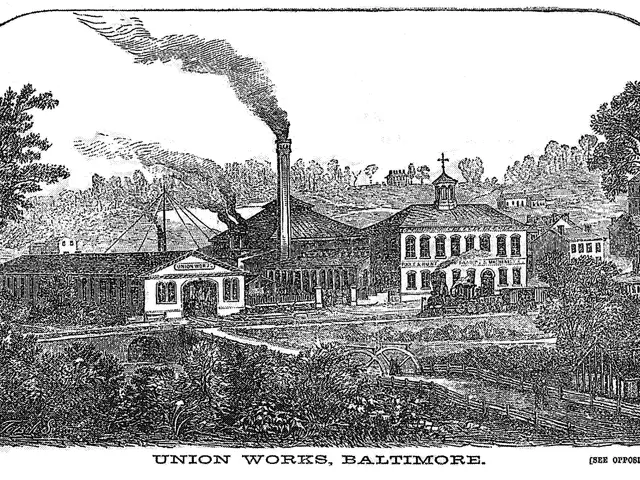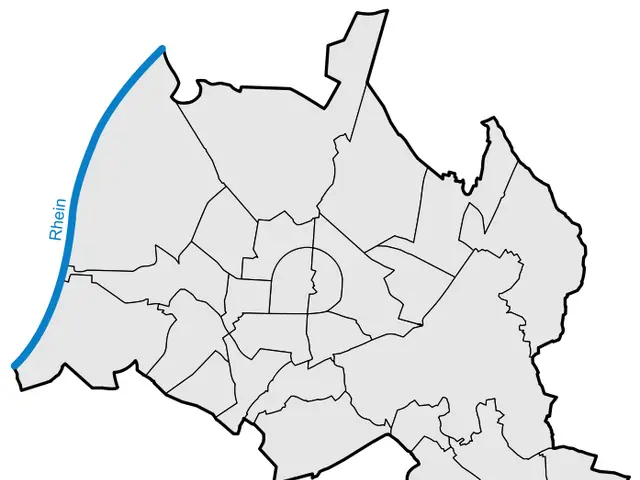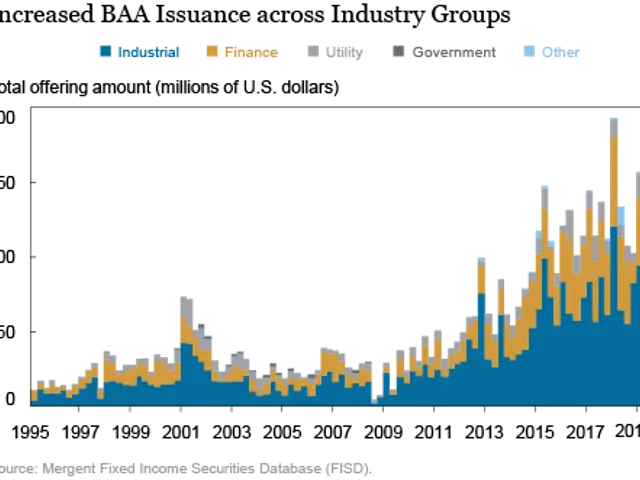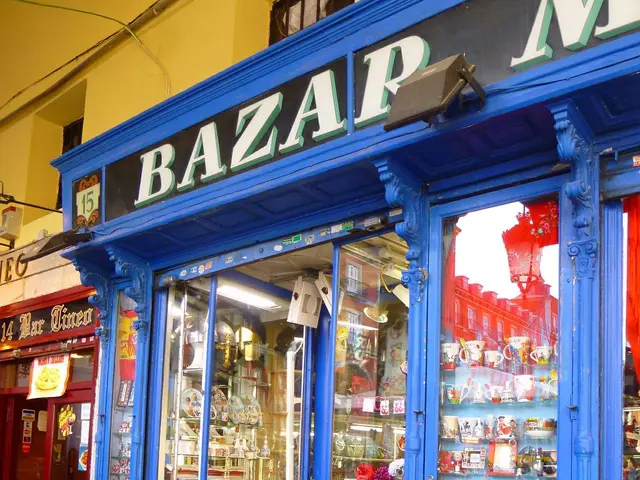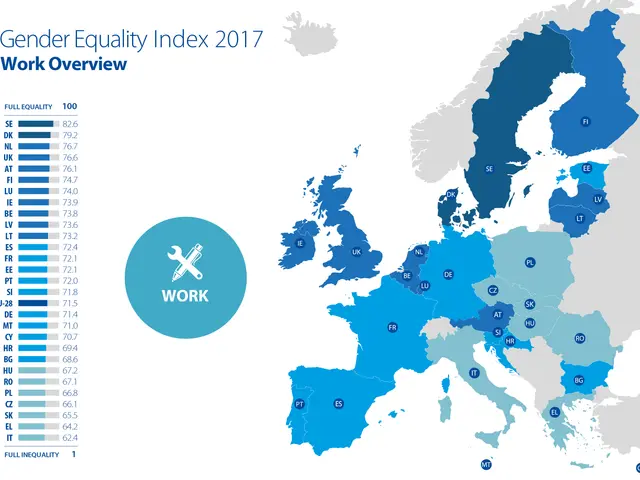American consumers expressing displeasure over trade taxes advocate for renouncing American products
In August 2025, the heat of anti-American sentiment in India has led to an escalation of boycott calls against US-based multinationals. This surge stems from a 50% tariff imposed by the US on Indian goods, which has sparked a wave of nationalist sentiment and economic nationalism [1][2][3][4][5].
Major American brands such as McDonald's, Coca-Cola, Amazon, Apple, Starbucks, Pepsi, Domino's, and Meta’s WhatsApp are now facing growing social media campaigns, public rallies, and appeals from business leaders and Prime Minister Narendra Modi’s supporters. These calls urge the prioritisation of "Made in India" products and the rejection of American goods [2][3][4].
The boycott movement is further amplified by several factors. Nationalist groups and Modi supporters link tariff disputes to economic nationalism, while prominent Indian entrepreneurs encourage support for domestic startups and farmers to elevate Indian products globally [2][3][4]. Public calls on social media urge consumers to buy local alternatives, and political and business leaders emphasise India’s economic self-reliance and urge domestic tech firms to focus on internal markets [2][3][4].
Despite these calls and the heightened anti-American rhetoric, there is no confirmed significant immediate decline in sales reported for these companies. However, the boycott movement adds pressure on the US-India trade relationship and may influence consumer behavior and corporate strategies in the medium to long term [1][2][3][5].
India remains a critical growth market for these US multinationals, given its vast and increasingly affluent population. Many associate Western brands with social mobility. Brands like Domino’s have more Indian outlets than anywhere else, and Apple, Starbucks, Pepsi, Coca-Cola, and WhatsApp hold significant market presence [1][2][3][4][5]. The current boycott movement is as much political and symbolic as commercial, shaped by diplomatic tensions and domestic calls for self-reliance.
The opening of Tesla's second showroom in India, attended by Indian commerce ministry officials and US embassy officials, is a testament to the continued interest of these multinationals in the Indian market [6]. Meanwhile, the Swadeshi Jagran Manch group, linked to Modi's Bharatiya Janata Party, is urging a boycott of American brands in India [7]. A graphic titled "Boycott foreign food chains" is part of their social media campaign, with logos of various restaurant brands included [7].
Indian retail companies give foreign brands stiff competition in the domestic market, but going global has been a challenge for most [8]. Tariffs are a matter of diplomacy, according to Rajat Gupta, and his McPuff and coffee should not be dragged into it [9]. Pepsi and Coca-Cola are common beverages in India, and there's a growing chorus to buy local products and ditch American ones after the 50% tariff was imposed by President Trump [10].
India is a key market for American brands, with many affluent consumers favouring international labels. However, the current boycott movement has sparked calls for self-reliance from Prime Minister Modi, who made a "special appeal" for Indian technology companies to prioritise India's needs [11]. Ashwani Mahajan, co-convenor of the Swadeshi Jagran Manch group, stated that people are looking at Indian products and that this is a call for nationalism and patriotism [12].
The Swadeshi Jagran Manch group is circulating a table on WhatsApp, listing Indian brands of bath soaps, toothpaste, and cold drinks as alternatives to foreign ones [13]. Rahm Shastry, CEO of DriveU, wrote on LinkedIn about the need for India to have its own home-grown versions of Twitter, Google, YouTube, WhatsApp, and Facebook, like China has [14]. Manish Chowdhary, co-founder of Wow Skin Science, a local brand, urged support for "Made in India" products and learning from South Korea's successful food and beauty exports [15].
The location of the second Tesla showroom opened in India is New Delhi [6]. The Swadeshi Jagran Manch group staged small public rallies across India on Sunday [16]. Rajat Gupta, dining at a McDonald's in Lucknow, is not concerned about the tariff protests and considers the 49-rupee coffee good value for money [17].
In conclusion, the boycott movement against US multinationals in India is a significant development, reflecting the growing nationalist sentiment and calls for self-reliance in the country. The impact on the US-India trade relationship and corporate strategies remains to be seen, but it is clear that this movement is shaping consumer behavior and the future of the market in India.
References: [1] India Today [2] The Economic Times [3] The Hindu [4] Business Standard [5] Financial Express [6] Reuters [7] The Times of India [8] Bloomberg [9] LiveMint [10] The Indian Express [11] PTI [12] NDTV [13] The Wire [14] YourStory [15] Mint [16] The Print [17] Hindustan Times
Read also:
- High-Priced 2026 Corvette ZR1X Emerges as Budget Option in Supercar Sphere
- Top racer claims Corvette ZR1 might have shaved an additional 10 seconds off its record-setting lap time at Nurburgring
- Determining the Fate of Underground Water Reserves
- Domino's Pizza's competitive advantage in the food industry lies primarily in its expansion rate
